
The critics slap labels on you and then expect you to talk inside their terms
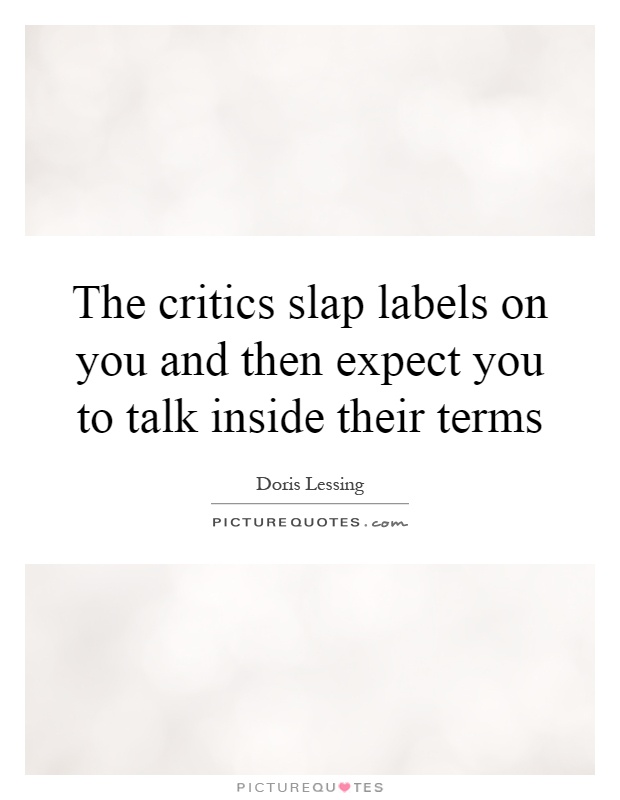
The critics slap labels on you and then expect you to talk inside their terms
Doris Lessing, a prolific and groundbreaking writer, was no stranger to criticism throughout her career. As a woman who defied societal norms and challenged traditional literary conventions, she often found herself at odds with critics who sought to pigeonhole her work into neat categories. The quote, "The critics slap labels on you and then expect you to talk inside their terms," perfectly encapsulates the struggle that Lessing faced in trying to maintain her own unique voice while also navigating the expectations and limitations imposed by the literary establishment.Lessing's work spanned a wide range of genres and themes, from science fiction to social commentary, and she was never one to shy away from controversial or challenging subject matter. This refusal to be confined by conventional labels or expectations made her a target for critics who were uncomfortable with her refusal to fit neatly into any one category. Instead of engaging with her work on its own terms, critics often resorted to simplistic labels and reductive interpretations that failed to capture the complexity and nuance of her writing.
Despite this, Lessing remained steadfast in her commitment to writing on her own terms, refusing to be boxed in by the expectations of others. She understood that true creativity and innovation could only come from breaking free of the constraints imposed by critics and society at large. In an interview, she once remarked, "I'm not a label. I'm a human being with my own thoughts and ideas." This refusal to be defined by others is what ultimately set Lessing apart as a writer and allowed her to produce some of the most enduring and influential works of the 20th century.

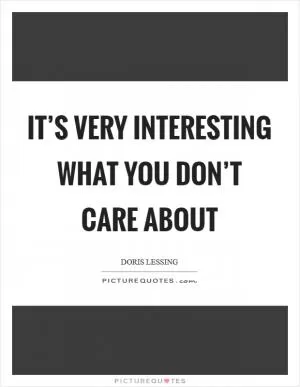
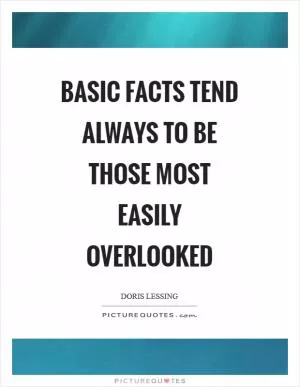
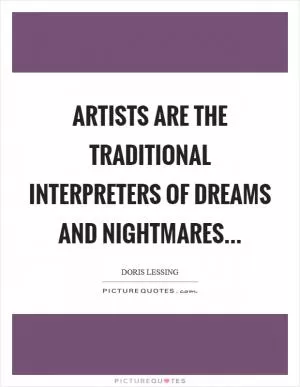
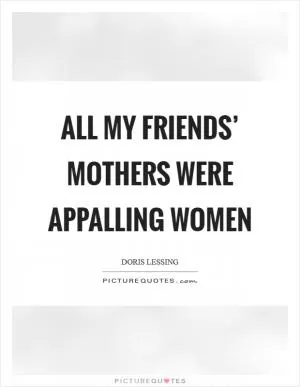






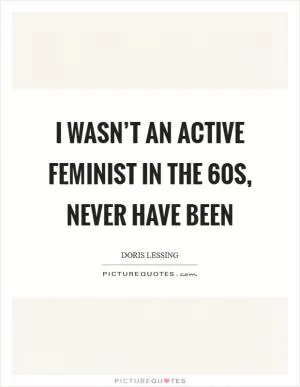
 Friendship Quotes
Friendship Quotes Love Quotes
Love Quotes Life Quotes
Life Quotes Funny Quotes
Funny Quotes Motivational Quotes
Motivational Quotes Inspirational Quotes
Inspirational Quotes